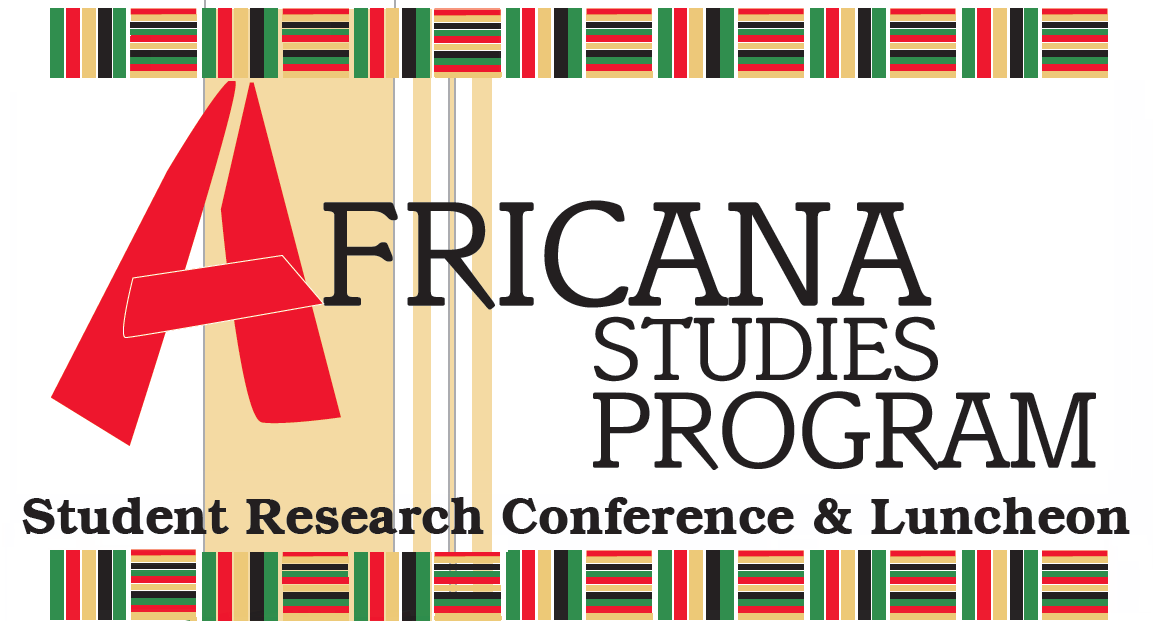Degree Program
Graduate
Major
English Literature and Textual Studies
Abstract
Le Haine depicts the fictional experiences of three immigrants to France, each with a different background, but a similar fate. The title, which translates to "hate" sets the tone for the movie, which is quick to explain its motives – depicting the life of a French migrant as a hopeless, fruitless one. Though the African character - his home nation never named - can speak perfect French and even attempts to better the lives of those around him, his efforts are met with violence, hatred, resistance, and an anti-immigrant mentality. By reading the conflicts of the movie in reference to the deeply theoretical text The Muslim Problem in Europe one could draw conclusions about the impacts of each of these views of secularism on the lives of the immigrant community in the secular nation of France, where laïcité (secularism) is viewed as one of the core tenets of the state. Held in nearly the same regard as the popular motto “Liberté, Egalité, Fraternite,” (liberty, equality, and fraternity) the phrase “République indivisible, laïque, démocratique et sociale” (indivisible, secular, democratic and social republic) lays out the values that the French hold dear, in the first amendment to the Constitution. From the beginning of the movie, the viewer is exposed to the escalating violence in the banlieue (ghetto/project) where the three main characters live and hear the voice of a young boy quote a chilling joke. “Have you ever heard the one about a man falling from a skyscraper? As he passes each floor, he thinks, so far, so good; so far, so good. But it isn’t in how you fall, it’s how you land.” This moment of foreshadowing will be revisited later in the film, when the tenets of liberty, equality, and brotherhood are regularly trampled.
Start Date
24-2-2017 10:00 AM
End Date
24-2-2017 11:40 AM
Included in
The African Immigrant Experience in France According to "La Haine"
Le Haine depicts the fictional experiences of three immigrants to France, each with a different background, but a similar fate. The title, which translates to "hate" sets the tone for the movie, which is quick to explain its motives – depicting the life of a French migrant as a hopeless, fruitless one. Though the African character - his home nation never named - can speak perfect French and even attempts to better the lives of those around him, his efforts are met with violence, hatred, resistance, and an anti-immigrant mentality. By reading the conflicts of the movie in reference to the deeply theoretical text The Muslim Problem in Europe one could draw conclusions about the impacts of each of these views of secularism on the lives of the immigrant community in the secular nation of France, where laïcité (secularism) is viewed as one of the core tenets of the state. Held in nearly the same regard as the popular motto “Liberté, Egalité, Fraternite,” (liberty, equality, and fraternity) the phrase “République indivisible, laïque, démocratique et sociale” (indivisible, secular, democratic and social republic) lays out the values that the French hold dear, in the first amendment to the Constitution. From the beginning of the movie, the viewer is exposed to the escalating violence in the banlieue (ghetto/project) where the three main characters live and hear the voice of a young boy quote a chilling joke. “Have you ever heard the one about a man falling from a skyscraper? As he passes each floor, he thinks, so far, so good; so far, so good. But it isn’t in how you fall, it’s how you land.” This moment of foreshadowing will be revisited later in the film, when the tenets of liberty, equality, and brotherhood are regularly trampled.


